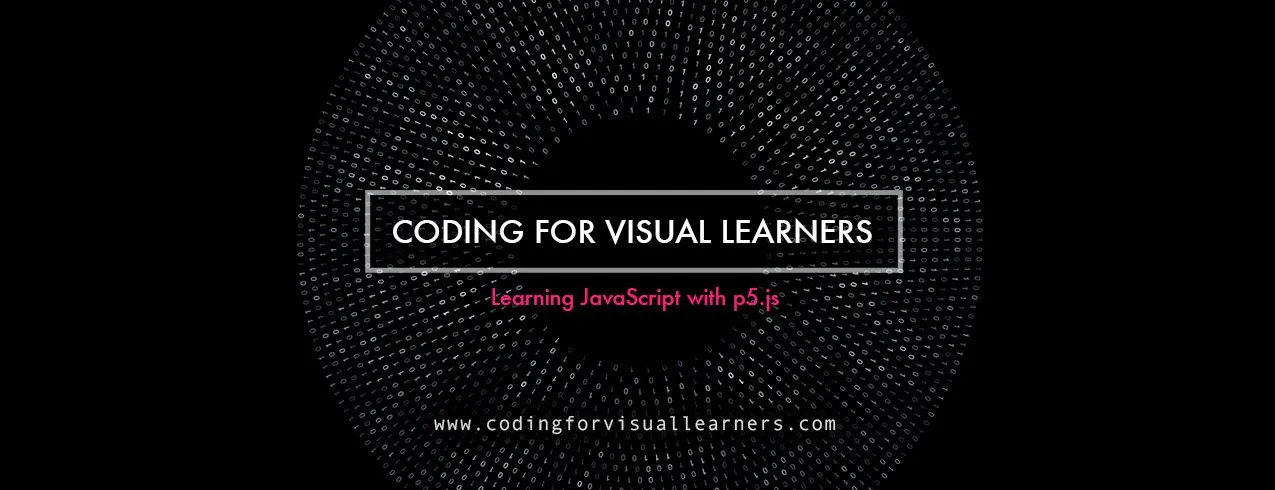
Building Your Azure Skills Toolkit 
This course provides an in-depth look at the various cloud-powered features available in Azure. Participants will gain hands-on experience in integrating Azure services into a single web app. Through this course, participants will be able to build their Azure skills toolkit and gain the knowledge to power their apps with the cloud. ▼
ADVERTISEMENT
Course Feature
![]() Cost:
Cost:
Free
![]() Provider:
Provider:
Edx
![]() Certificate:
Certificate:
No Information
![]() Language:
Language:
English
![]() Start Date:
Start Date:
1st Apr, 2019
Course Overview
❗The content presented here is sourced directly from Edx platform. For comprehensive course details, including enrollment information, simply click on the 'Go to class' link on our website.
Updated in [March 06th, 2023]
This course, Building Your Azure Skills Toolkit, provides a fast-paced, hands-on tour of several cloud-powered features in Azure. Participants will learn how to integrate Azure services within a single web app. The course will start by creating a web app using Angular and .NET Core. Then, participants will integrate Bing Search to find and retrieve images to display on the site. Azure Cognitive Services Computer Vision will be used to analyze and detect the objects within the images. SQL Azure will be used to store the metadata in a scalable database, retrieve the data, and display it using .NET Core Web API and Entity Framework Core. Azure Search will be used for quick retrieval of images based on search terms. Finally, Azure Active Directory B2C will be used to enable secure access to the stored images and to protect the entire application.
[Applications]
After completing this course, participants can apply their newfound Azure skills to create cloud-powered applications. They can use Azure services such as Bing Search, Cognitive Services Computer Vision, SQL Azure, Azure Search, and Azure Active Directory B2C to create powerful web apps with features such as image search, object detection, and secure access.
[Career Paths]
1. Cloud Engineer: Cloud Engineers are responsible for designing, developing, and managing cloud-based computing systems. They must be knowledgeable in cloud architecture, cloud security, and cloud storage, and must be able to develop and maintain cloud-based applications. As cloud computing continues to grow in popularity, the demand for Cloud Engineers is expected to increase.
2. Data Scientist: Data Scientists are responsible for analyzing large amounts of data and using it to make informed decisions. They must be knowledgeable in data mining, machine learning, and predictive analytics, and must be able to develop algorithms and models to interpret data. As businesses continue to rely on data-driven decisions, the demand for Data Scientists is expected to increase.
3. DevOps Engineer: DevOps Engineers are responsible for automating the development, deployment, and management of applications. They must be knowledgeable in scripting languages, automation tools, and cloud-based infrastructure, and must be able to develop and maintain continuous integration and continuous delivery pipelines. As businesses continue to move to the cloud, the demand for DevOps Engineers is expected to increase.
4. AI Engineer: AI Engineers are responsible for developing and deploying AI-based applications. They must be knowledgeable in machine learning, natural language processing, and computer vision, and must be able to develop and maintain AI-based applications. As AI continues to become more prevalent, the demand for AI Engineers is expected to increase.
[Education Paths]
1. Bachelor's Degree in Computer Science: A Bachelor's Degree in Computer Science is a great way to gain the skills and knowledge needed to develop and maintain cloud-based applications. This degree program typically covers topics such as software engineering, computer networks, database management, and web development. As cloud computing continues to grow in popularity, graduates of this degree program will be well-positioned to take advantage of the many opportunities available in the field.
2. Master's Degree in Cloud Computing: A Master's Degree in Cloud Computing is a great way to gain the skills and knowledge needed to develop and maintain cloud-based applications. This degree program typically covers topics such as cloud architecture, cloud security, cloud storage, and cloud computing services. As cloud computing continues to grow in popularity, graduates of this degree program will be well-positioned to take advantage of the many opportunities available in the field.
3. Doctorate Degree in Cloud Computing: A Doctorate Degree in Cloud Computing is a great way to gain the skills and knowledge needed to develop and maintain cloud-based applications. This degree program typically covers topics such as cloud computing infrastructure, cloud computing services, cloud security, and cloud computing analytics. As cloud computing continues to grow in popularity, graduates of this degree program will be well-positioned to take advantage of the many opportunities available in the field.
4. Certificate in Cloud Computing: A Certificate in Cloud Computing is a great way to gain the skills and knowledge needed to develop and maintain cloud-based applications. This certificate program typically covers topics such as cloud architecture, cloud security, cloud storage, and cloud computing services. As cloud computing continues to grow in popularity, graduates of this certificate program will be well-positioned to take advantage of the many opportunities available in the field.
Course Provider

Provider Edx's Stats at AZClass
Discussion and Reviews
0.0 (Based on 0 reviews)
Explore Similar Online Courses

Coding for Visual Learners: Learning JavaScript with p5js

Challenging ideas in mental health

Python for Informatics: Exploring Information

Social Network Analysis

Introduction to Systematic Review and Meta-Analysis

The Analytics Edge

DCO042 - Python For Informatics

Causal Diagrams: Draw Your Assumptions Before Your Conclusions

Whole genome sequencing of bacterial genomes - tools and applications

Microsoft Azure Online Data Engineering Training

Cloud Developer using Microsoft Azure


Start your review of Building Your Azure Skills Toolkit